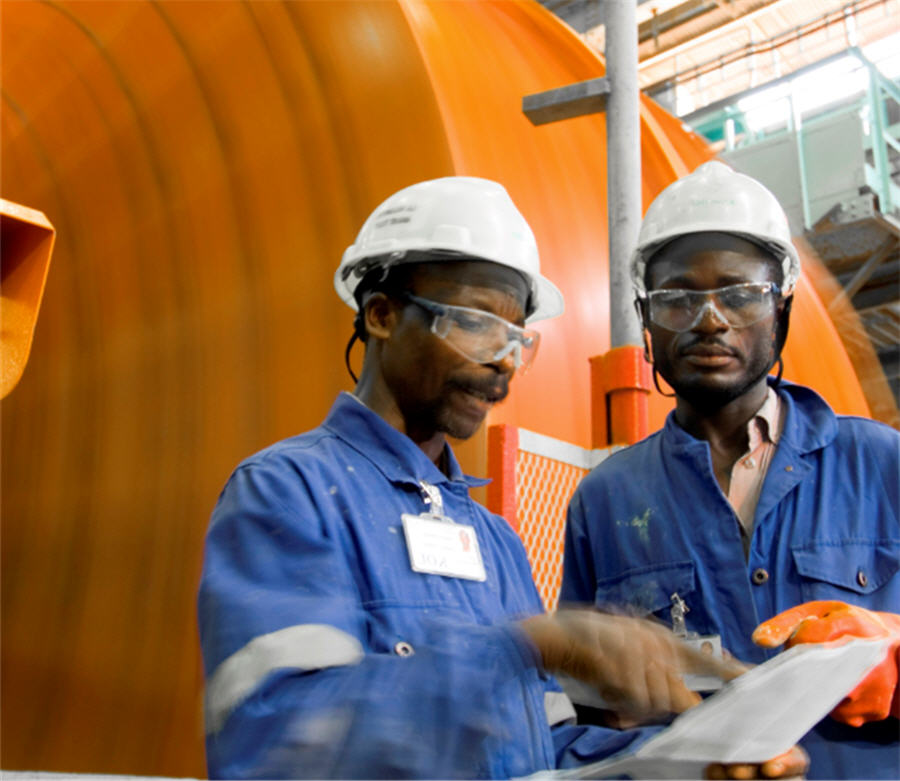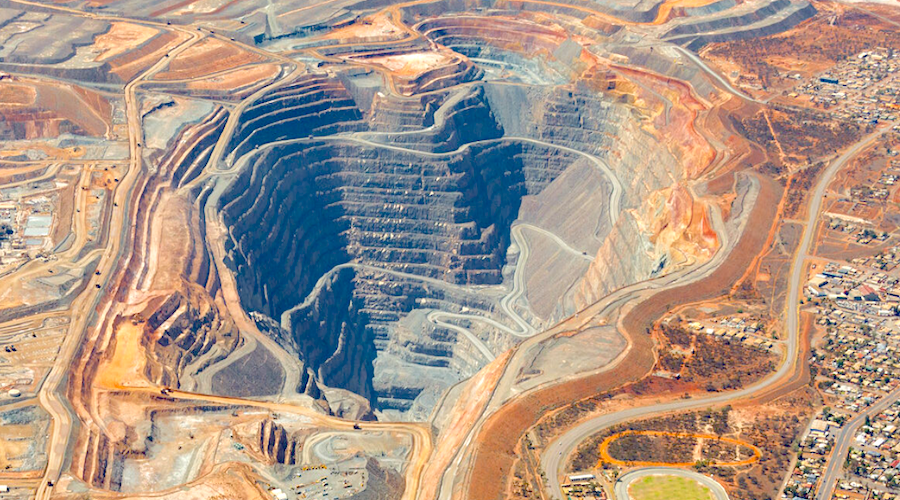Too early to bet on mining policy change: Congo vote reaction

In a surprise twist, Democratic Republic of Congo opposition leader Felix Tshisekedi was declared the winner of last month’s presidential election, although his victory is being marred by claims by a rival that the poll was rigged.
The African country is the world’s main supplier of battery ingredient cobalt and a key source of minerals from copper to tantalum. That means miners, analysts and users of the metals — which range from carmakers to mobile-phone companies — will be keeping a close watch on what happens next.
The prospective change of administration may spur optimism among mining investors including Glencore Plc and Barrick Gold Corp. that they can reverse elements of a fiercely disputed new industry code that raised royalties and added taxes.
Here are some initial reactions, to be updated throughout the day:
Verisk Maplecroft: Unknown Entity for Miners
The results are preliminary so “many mining investors will likely hold off for the next two to three months at minimum to see how the transition period plays out,” said lead Congo analyst Indigo Ellis. “Tshisekedi quite openly argued on the campaign trail that hikes to tax and royalty rates in the new mining code had gone too far, going as far as to call them “anti-investment,” yet his powers to introduce pro-investor measures are likely to be constrained, at least initially.”
Barrick Gold: Too early to say
“It’s a bit early to say; we think the election process proceeded smoothly, and it’s good to see the results have been announced and people have accepted, it means there is a democratic process that’s working and that’s the positive,” said Chief Financial Officer Graham Shuttleworth. “Tshisekedi is an experienced politician but you must remember in the Congo, government is not just one political party, it’s a coalition.” “One of the most important positions will be one of mines minister, the current one may not be there going forward, but it’s too early to say.”
Africa Risk Consulting: Mining policy shift unlikely
There has been speculation that the announcement of Tshisekedi’s victory could be part of a deal with outgoing President Joseph Kabila, which means that the new president may not challenge the status quo, said senior analyst Shawn Robert Duthie. “I don’t expect major changes to DRC’s mining policies as Tshisekedi will unlikely be willing to undo much of what the previous administration has done.”
RBC Capital Markets: Possibility for mining code revision
“A chance for the DRC to eventually emerge from a period of significant corruption and changes to the mining code,” said mining analyst Tyler Broda. The end of Kabila’s leadership “could potentially see a revision of the contested mining code from last year.”
Liberum Capital: Supply risks
Congo is a “hugely important region for copper and cobalt, and this result could cause disruption to output,” depending the response of the influential Catholic church, said analyst Ben Davis. However, copper and cobalt prices “would likely rise globally to offset this impact.”
BMO Capital Markets: Potential for disruption lowered
The results “will be seen as a surprise after the protracted delay in counting,” said mining analyst Colin Hamilton. “This should lessen potential for civil unrest and potential disruption to copper and cobalt shipments from the country.”
(By Felix Njini, Elena Mazneva and Thomas Biesheuvel)
{{ commodity.name }}
{{ post.title }}
{{ post.date }}




Comments